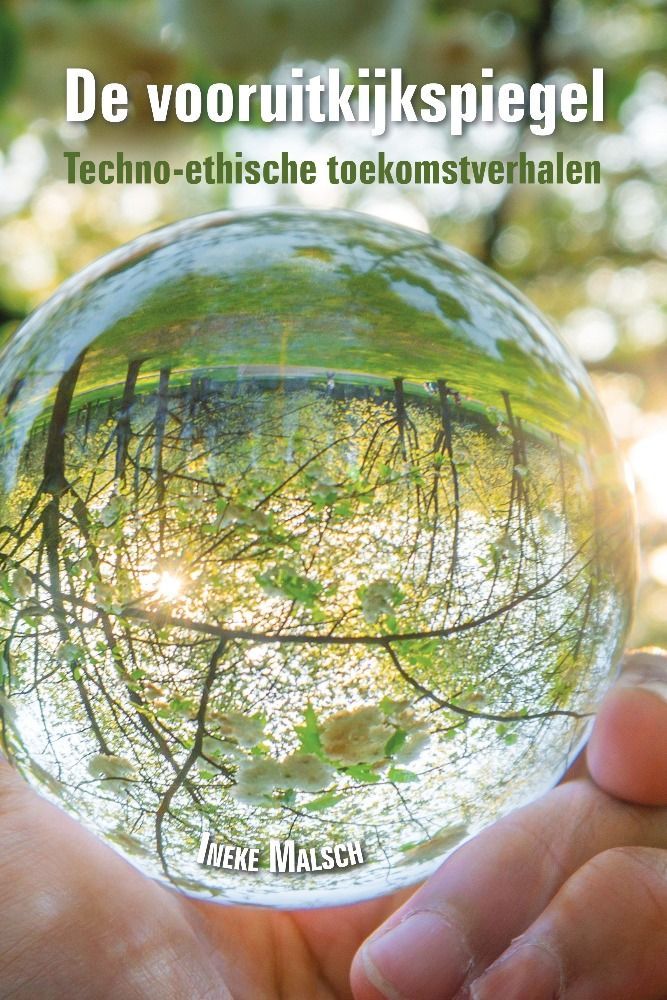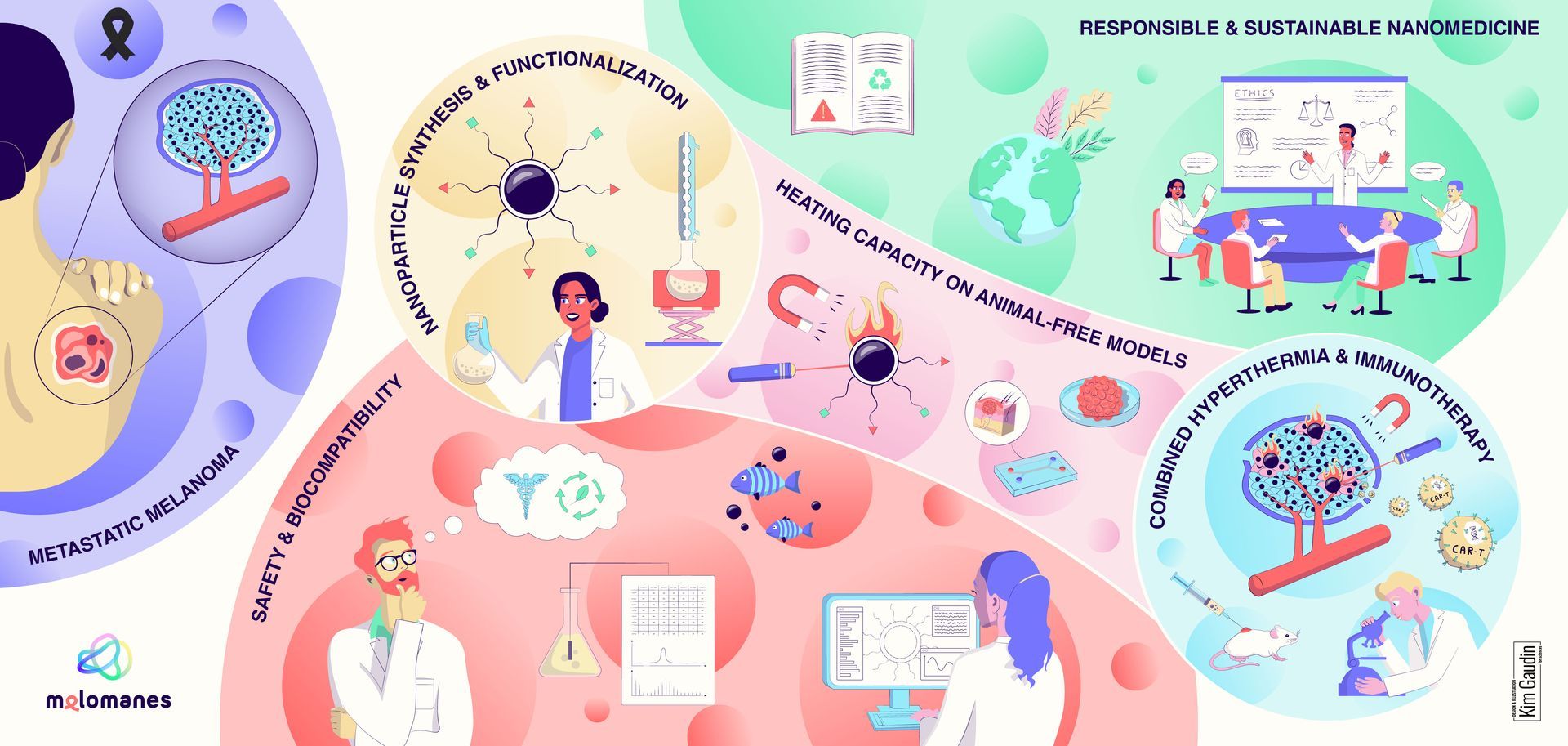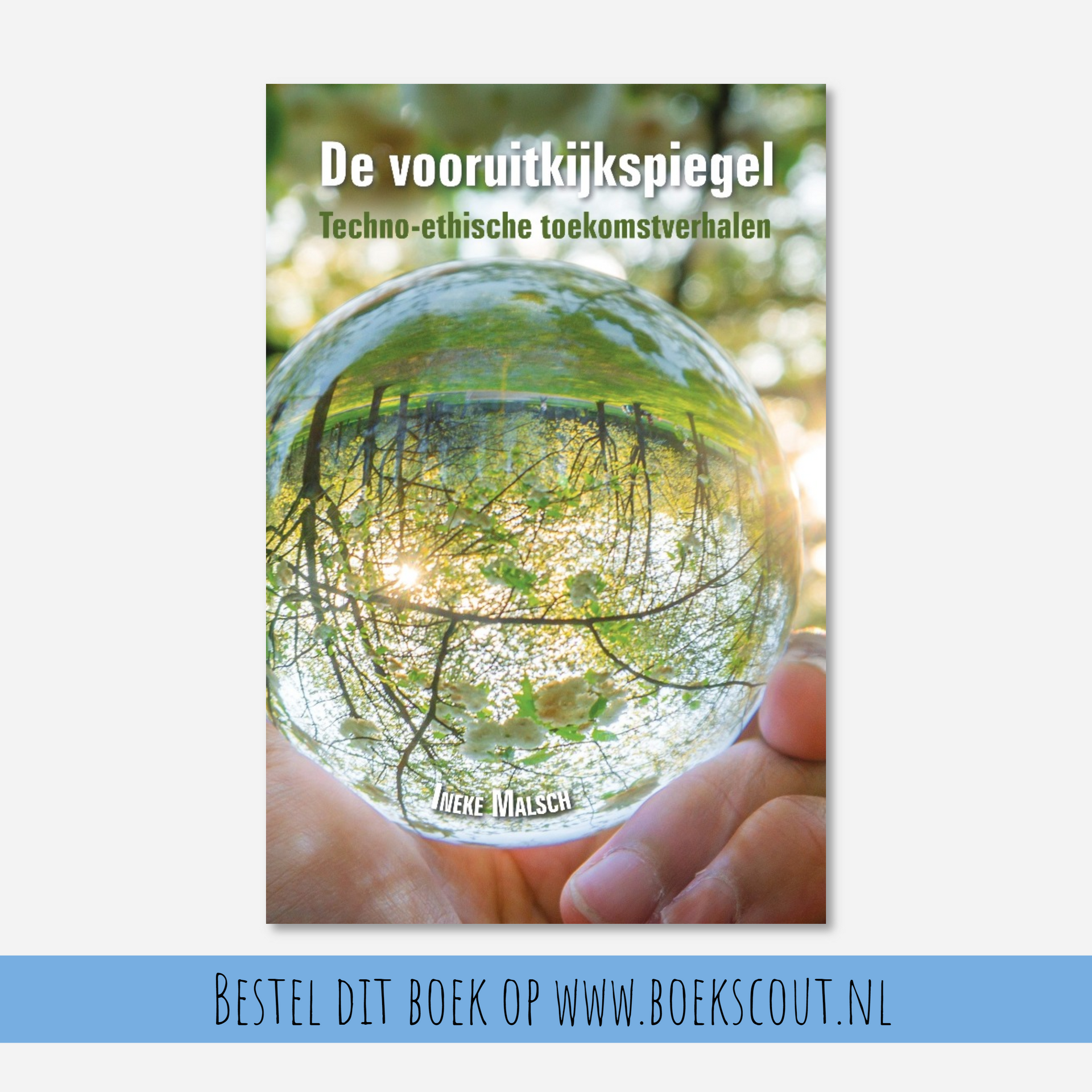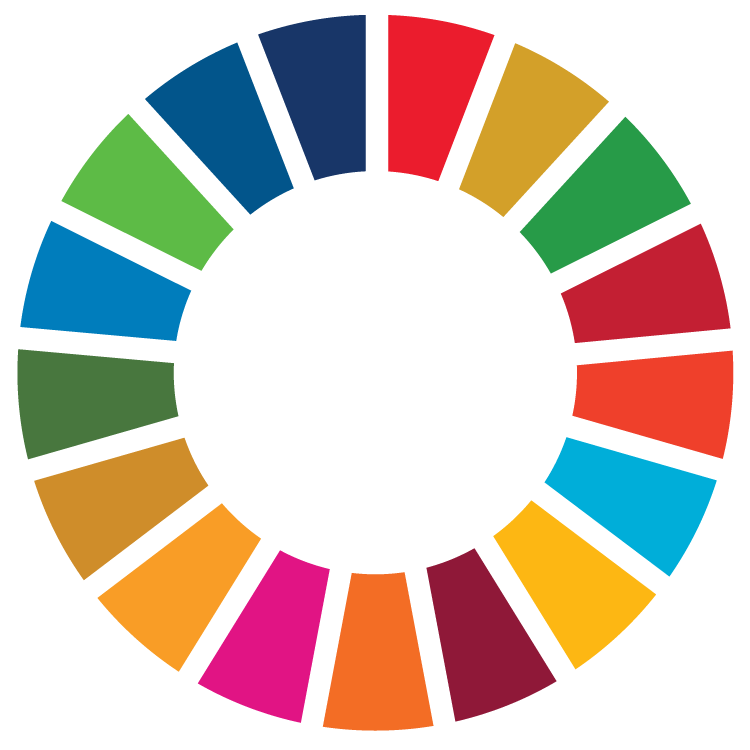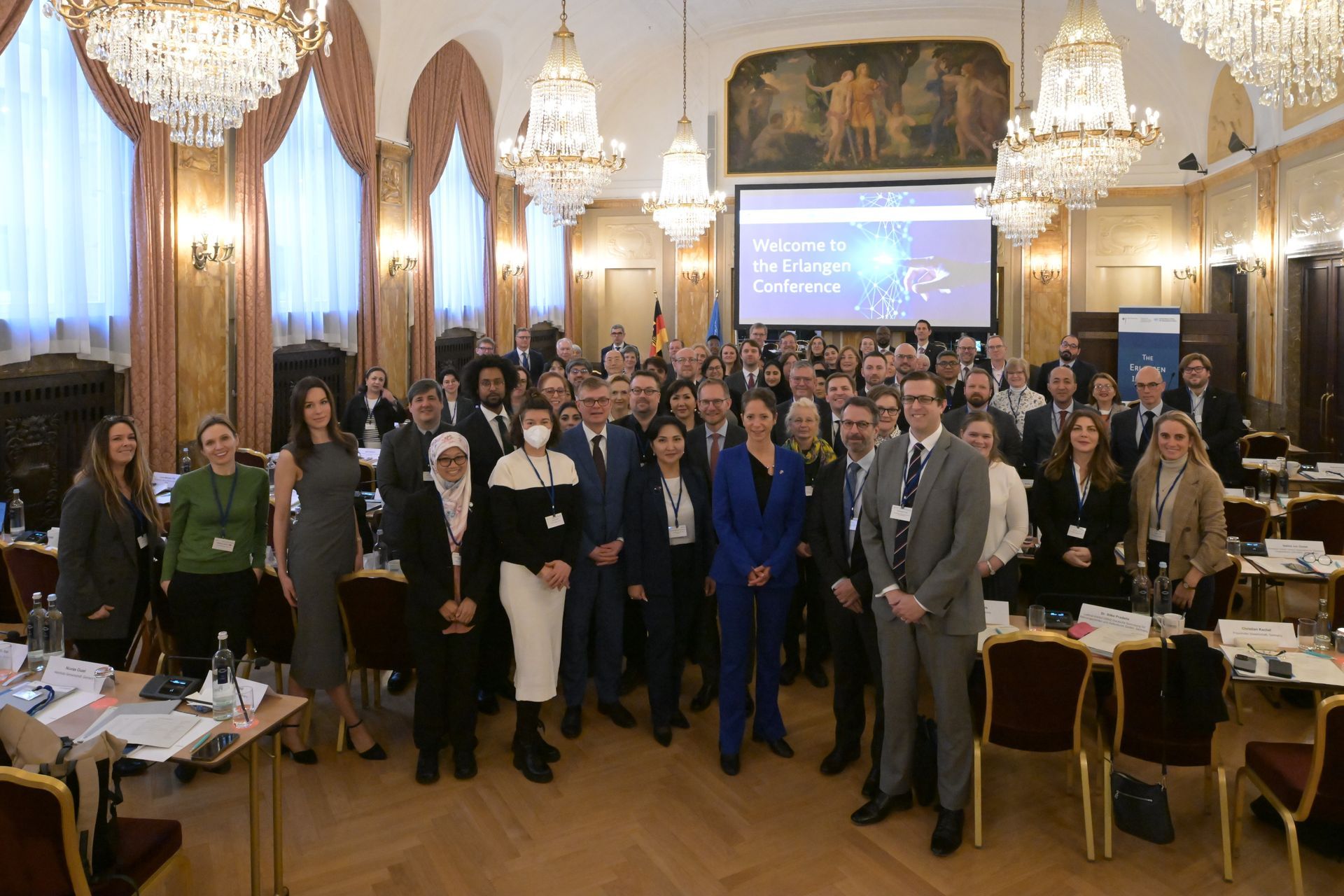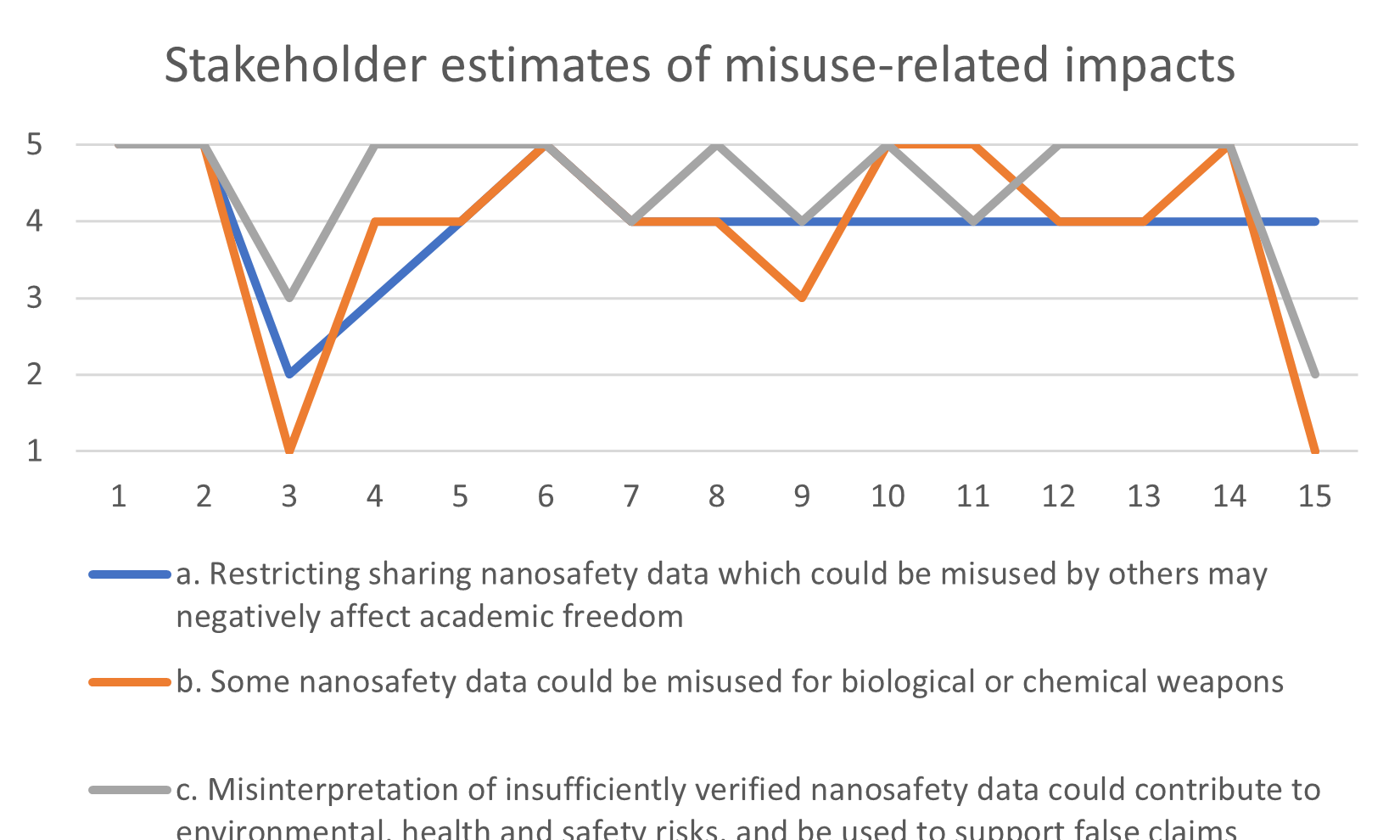Exploring User Interest in Ethical Tools for Nano-Risk Governance
Ineke Malsch • 7 mei 2021
This RiskGONE poster was presented at EuroNanoForum 2021
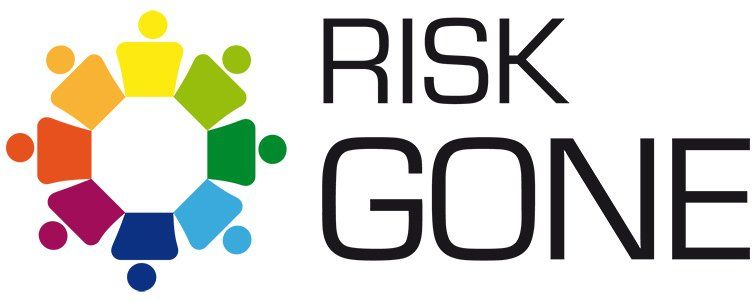
Risk Governance of nanomaterials addresses multiple criteria including risk assessment and management, life cycle assessment and ecological, social and economic risk-benefit assessment. In addition, there is increasing interest in addressing ethical issues. To accommodate consideration of ethical issues, RiskGONE
developed guidelines [1] and online tools for screening ethical impacts and performing a small-scale Ethical Impact Assessment (EIA) adapted from the corresponding CEN pre-standard.[2] Online tools developed in RiskGONE support users in performing the six-step EIA procedure (screening, drafting an EIA-plan, identifying and evaluating ethical issues, drafting remedial actions, and review of the EIA). During an online stakeholder workshop on 26-27 January 2021 of the EU-funded NMBP-13 projects (Gov4Nano, NanoRIGO and RiskGONE), the methodology was presented and discussed, resulting in feedback on expected users, applications of nanotechnology which call for assessment of ethical impacts and relevant ethical issues. This poster presents an analysis of the results of this stakeholder engagement.
[1] RiskGONE D3.6 Draft guidelines on Identification of regulatory and ethical risk thresholds. RiskGONE project, December 2020
[2] CEN, CWA 17145-2:2017 (E) Ethics assessment for research and innovation - Part 2: Ethical impact assessment framework. CEN, Brussels, June 2017
Authors: Ineke Malsch, Panagiotis Isigonis, Evert Bouman, Antreas Afantitis, Georgia Melagraki, Maria Dusinska. Download the poster from Zenodo or access EuroNanoForum 2021.
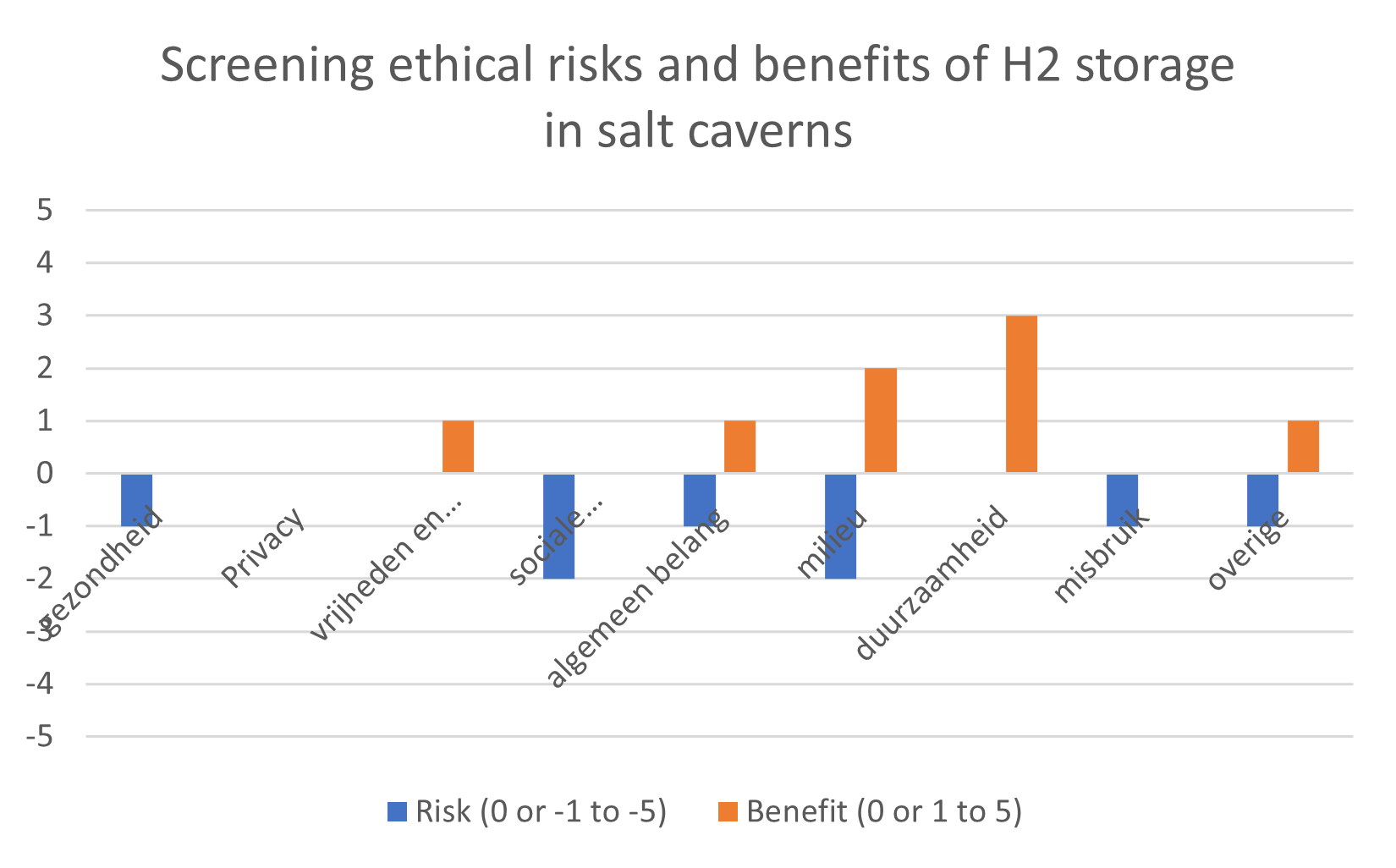
On 4 September, I discussed how the Ethical Impact Assessment methodology could be adapted to different types of research with societal impacts, during the Symposium on Societal Impact of Research at the UMCG in Groningen. This was the latest edition of Dutch Impact Alliance Live. Download my presentation here .




